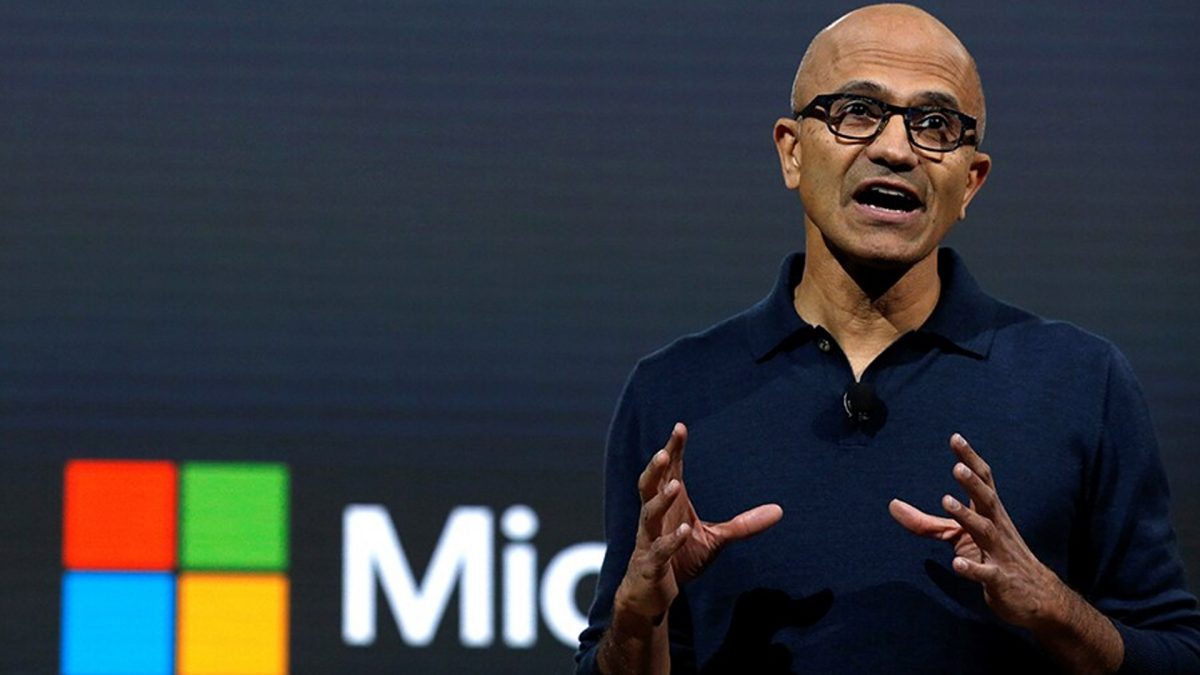Microsoft has announced a 10 per cent increase in profits for the October-December quarter, driven by its ongoing investments in artificial intelligence. However, while the company exceeded Wall Street’s expectations for overall profits and revenue, there was a slight miss in its cloud computing business, a key component of its AI strategy.
For the quarter, Microsoft reported a net income of $24.1 billion, or $3.23 per share, surpassing analysts’ predictions of $3.11 per share. Its revenue reached $69.6 billion, a 12 per cent year-on-year increase, also beating expectations. Analysts had forecasted $68.87 billion in revenue for the period. Despite these strong figures, the company faced some investor discontent over the performance of its cloud-focused business, which includes the Azure platform.
Cloud and other business segments
Microsoft’s cloud business, which is central to its AI efforts, saw a 19 per cent increase in sales, bringing in $25.5 billion. However, this was slightly below the $25.83 billion analysts had expected. The company’s productivity division, including Office products, posted a 14 per cent increase in sales, reaching $29.4 billion. Its personal computing business, which includes the Windows division, held steady at $14.7 billion, with a decline in consumer device sales offset by a boost in advertising revenue tied to Bing.
Despite the overall positive results, Microsoft’s shares dropped by 5 per cent in after-hours trading on Wednesday. The decline came after a broader sell-off in tech stocks, spurred by growing concerns about the rise of Chinese startup DeepSeek and its newly launched AI model, which some believe could disrupt established US companies.
DeepSeek’s rise and Microsoft’s response
Microsoft is closely tied to OpenAI, the maker of ChatGPT, and also offers its own AI chatbot services under the Copilot brand. The rise of DeepSeek, with claims of achieving similar AI performance at a fraction of the cost, has sent shockwaves through the market. Some investors are worried that DeepSeek’s success could undermine the position of US tech giants in the AI race.
In response, Microsoft CEO Satya Nadella downplayed these concerns during an investor call, acknowledging DeepSeek’s innovations but emphasising that more efficiency and lower costs in AI development are beneficial for the industry. Nadella also pointed out that Microsoft had added DeepSeek’s latest AI model to its Azure platform, expanding the range of AI solutions available to customers.
Investing big in AI infrastructure
Building and operating AI systems is an expensive endeavour, and Microsoft is committed to investing heavily in the space. The company plans to spend $80 billion this year to expand its global network of data centres, which are crucial for training and running AI models. Nadella noted that the company had more than doubled its data centre capacity over the past three years and added more capacity last year than ever before.
While Microsoft’s AI ambitions are clear, its quarterly performance shows the growing competitive pressure from rivals like DeepSeek, and investors are eager to see if the company can continue to lead in the rapidly evolving AI landscape.


)

)
)
)
)
)
)
)
)



